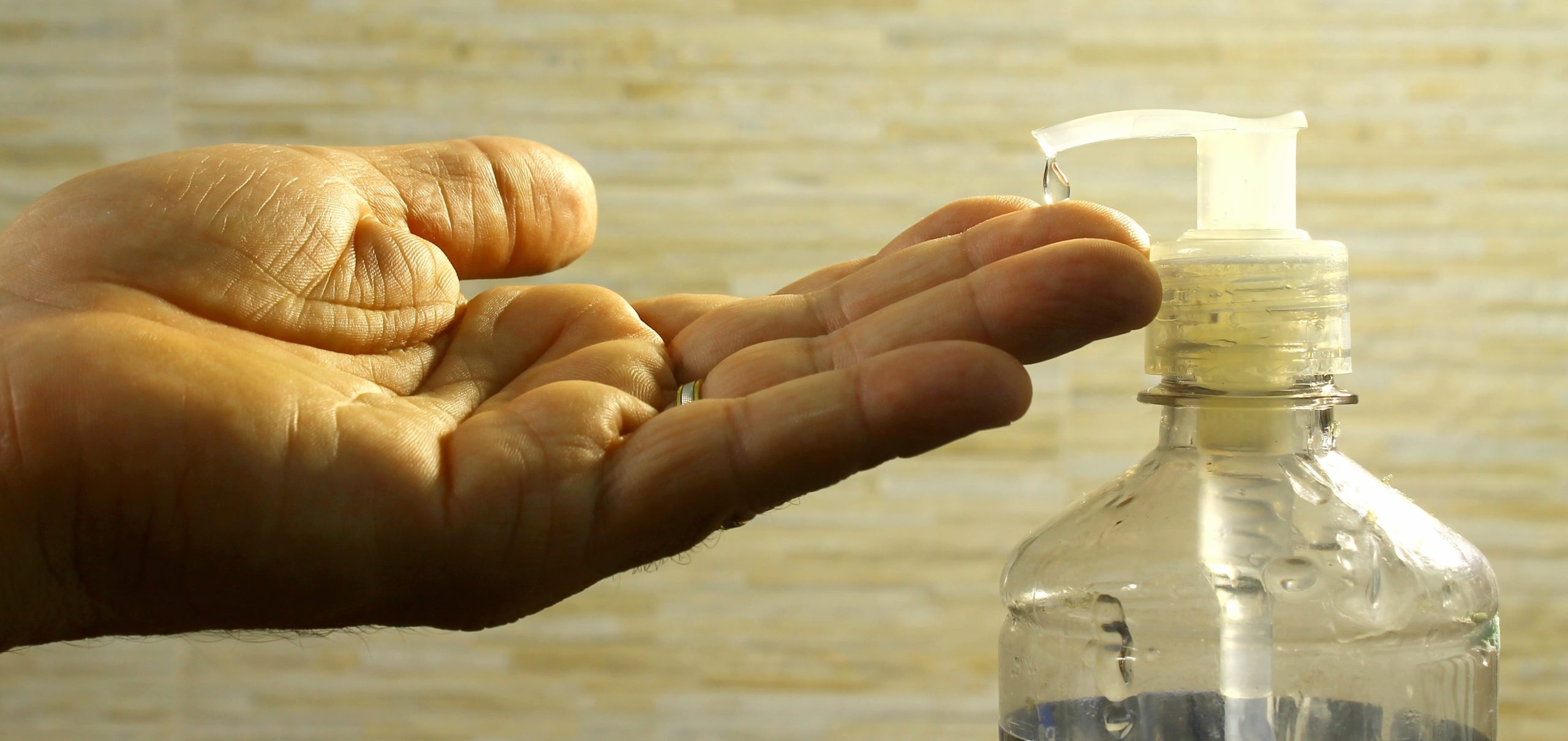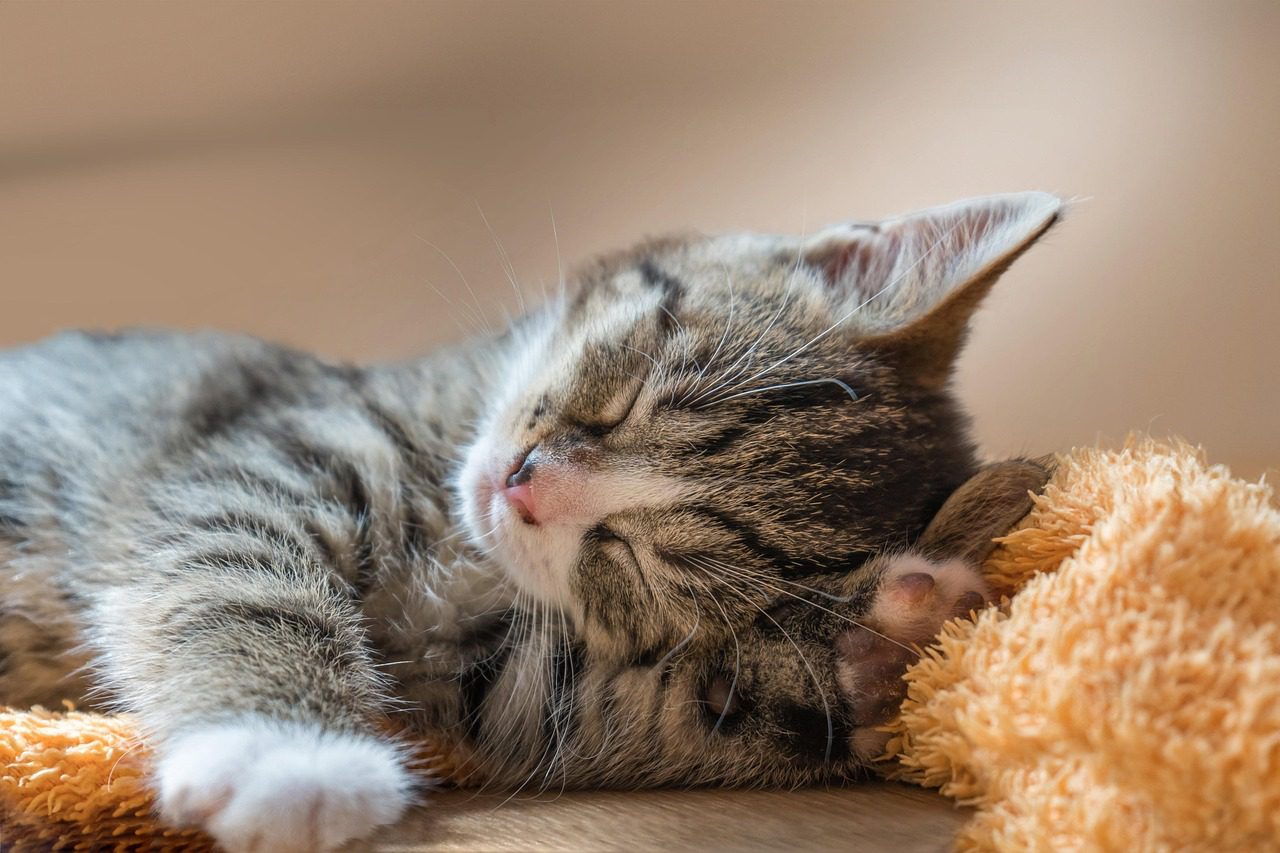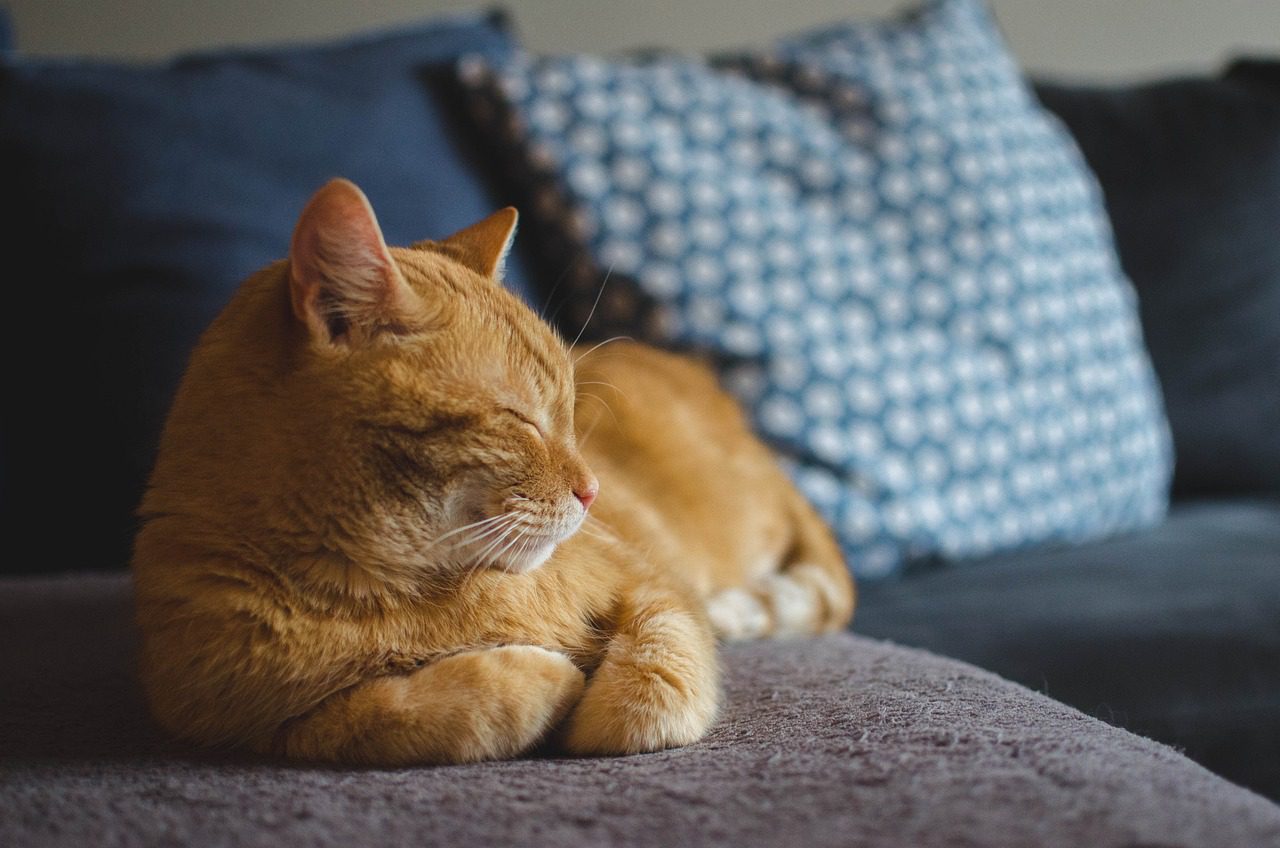Reptiles make fascinating pets. But they are not easy to keep, and we need to be very aware of our hand hygiene whenever we handle them. As it is National Handwashing Awareness Week, I thought it worth mentioning that many pet reptiles carry the bacterium Salmonella on their skin.
It is harmless when on the outside of your pet, but if you get that into your mouth, you may develop a potentially serious and difficult to diagnose gastrointestinal infection.
Should you be a reptile keeper, always ensure that any medical staff you interact with at your doctors or the hospital are aware of this. Like myself, working with animals as I do, you are at higher risk of zoonoses. These are diseases that are caught by humans from animals, and are sometimes overlooked as a risk factor by doctors, unless you mention it to them.
Luckily, Salmonella, once diagnosed by an aerobic bacterial culture swab test is easy to treat, generally, with antibiotics, but whenever you or your children handle a reptile, always ensure quality hand washing with soap or alcohol rub.
This reminds me of my volunteering days at the Princess Royal Hospital. On my way to the Mid Downs Hospital radio station there, to do my stint as a DJ, I would pass the life-size photos of staff pointing to remind me to clean my hands. I also played the jingle on the radio to remind staff and visitors the same message.
The reason reptiles are not easy pets is that they are cold-blooded. This makes them completely dependent on their environment for their well-being, and once we take them into captivity, completely dependent on us to get it right for them.
Most require carefully controlled temperature gradients so they can choose how warm they want to be, and these must vary between day and night. They also need appropriate cycles of daylight and night-time, with the artificial light mimicking natural sunlight as closely as possible.
Get their temperature or lighting incorrect and they will fail to eat and fade away. But get it right and they will be rewarding and beautiful for years, as long as you wash your hands!





